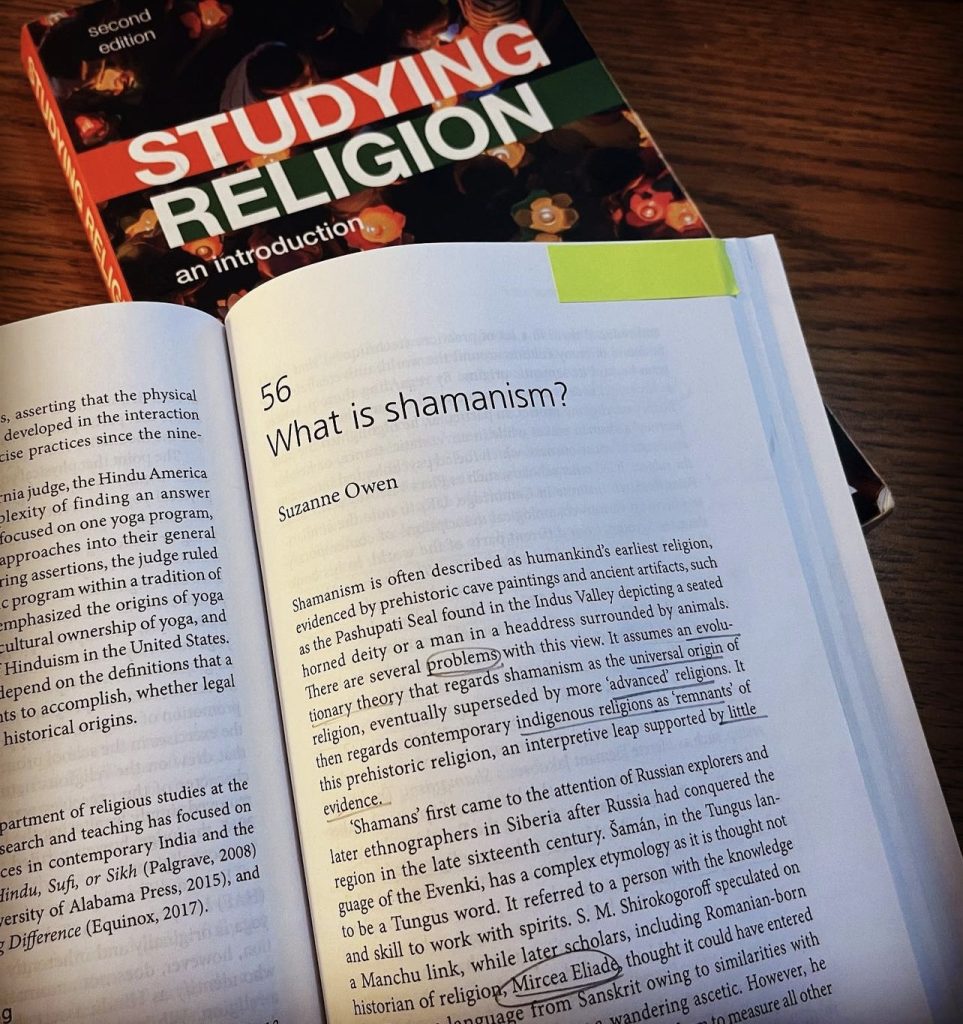
The following post is the second of a three-part series on students’ reflections written as part of a final assignment in Prof. Vaia Touna’s REL 100 “Introduction to the Study of Religion” in Fall 2022.
Elise Justice is originally from Glen Ellyn, Illinois, a freshman double majoring in Finance & Accounting with a minor in Economics.
The most important thing that REL 100 has taught me is to be open-minded to subjects and ideas that I am not familiar with. This course has allowed me to branch out and view other perspectives regarding the subject of religion. Specifically, the topic of ‘what characterizes something as a religion?’ is not something I have ever given much thought to. Prior to enrolling in this course, I figured that a religious studies class would talk about different types of religions, such as Christianity, Buddhism, Judaism, etc. and what their beliefs are. But this course was much different than I expected regarding what the course material would cover. It has been quite interesting to learn about the actual fundamentals of the study of religion and that has completely changed the way that I view religious studies. Back to the first week of this course in August, the topics that we talked about in class, such as the idea of rituals and if “brushing your teeth” would be considered a ritual by some, was very interesting to me and not something I would have imagined to be discussed in a religious studies class. I also really enjoyed learning about the differences between emic and etic, and I found it very interesting that emic is about how insiders of a culture understand things and their specific cultural behaviors while etic focuses on outsiders, mostly scholars who use different theories to compare and analyze these different cultures and cultural behaviors. I found it very important that we did not focus on simply different types of religion, but instead, questions about what society perceives as a religion. These types of questions have really sifted the way I understand, now, what religion is and, changed what I thought I knew about this subject greatly.
As a general introduction to the academic study of religion, REL 100 focuses in detail on the problem of defining religion, the insider/outsider problem, theories of religion, and the implications of classification. The course has 90 students enrolled and as a final assignment they had to answer three questions. Each answer had to be between 250-300 words where students had to critically synthesize things that they learned in the class by making reference to the class’s reading material. One of the questions that students had to answer was to reflect on one thing they learned that has changed the way they understand religious discourses. While many of the students’ responses reflected on what their assumptions were about religion, that is, prior to taking the class, each of the ones selected for this series nicely exemplify what they now understand to be the study of religion. The course uses Russell McCutcheon’s Studying Religion and his co-edited volume with Aaron Hughes Religion in 5 Minutes.